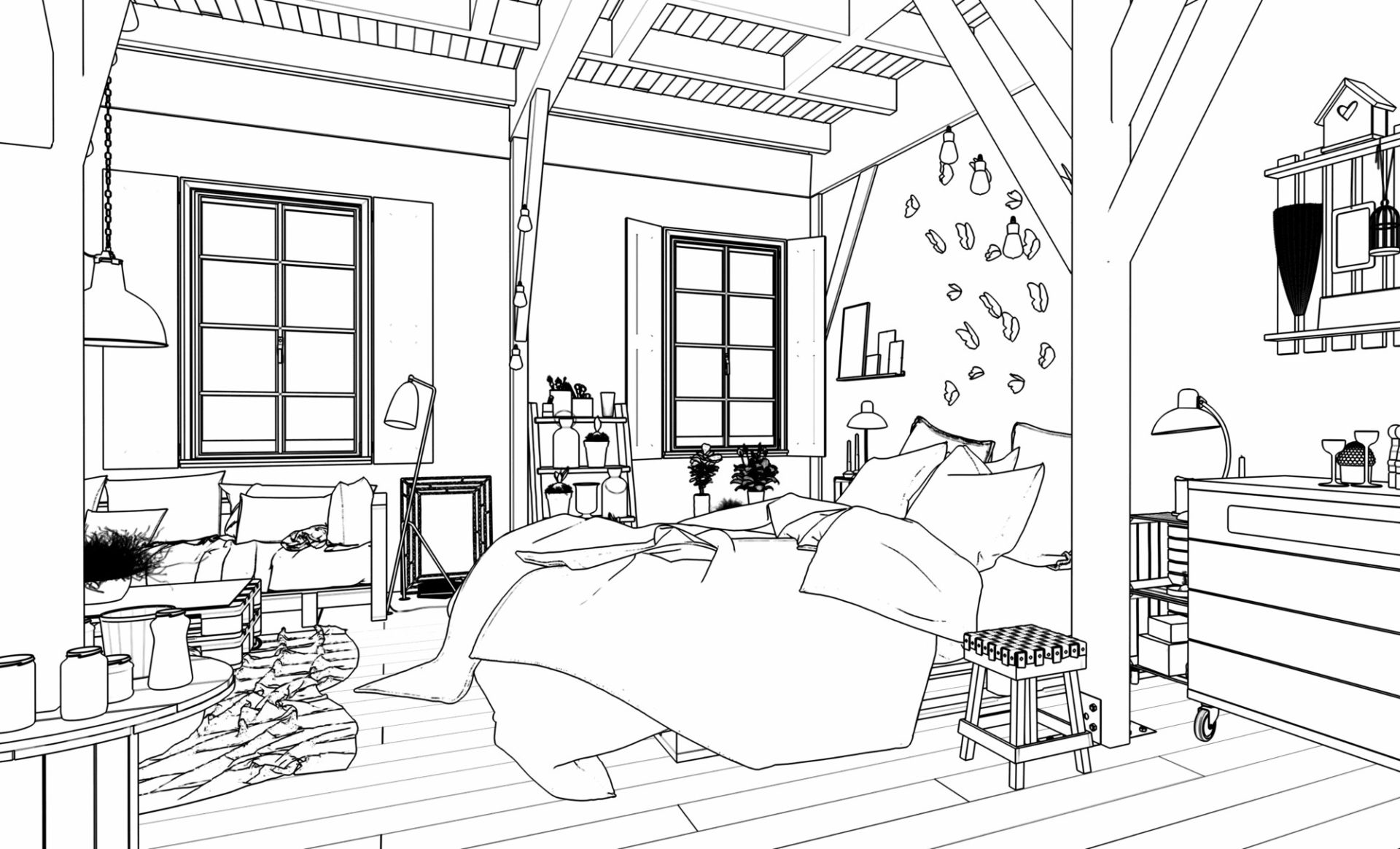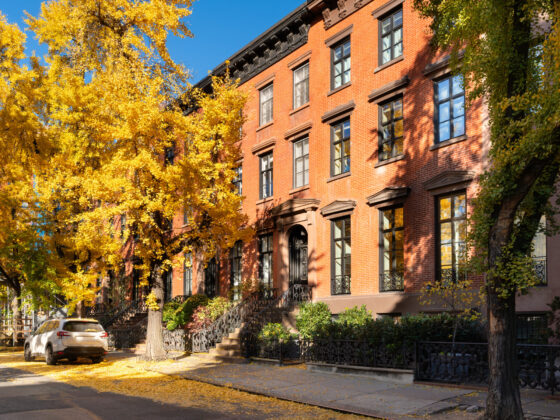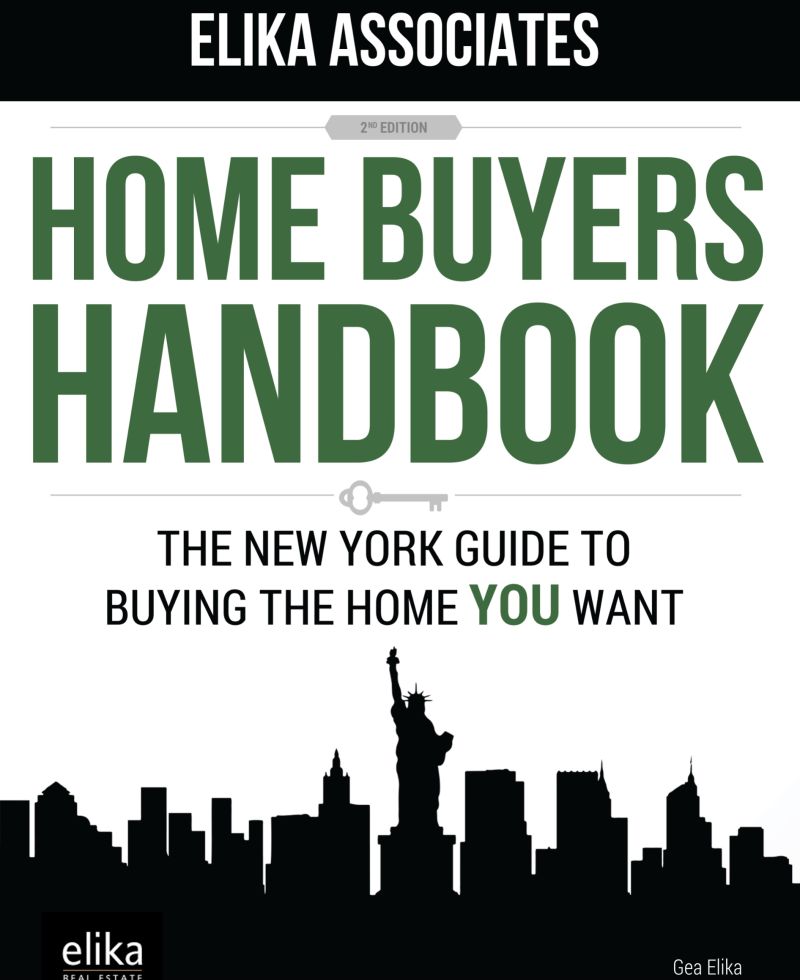Table of Contents Show
When looking for a home in New York City, you might find that your budget limits the available choices to a studio or a one-bedroom apartment. These homes tend to make up the bulk of affordable listings (especially in Manhattan). But despite their apparent size, either one has all the essentials needed to live comfortably for solo buyers and couples. While they share some similarities, there are also some differences between them.
Before beginning your search for an NYC apartment, it is essential to understand these differences. Only then will you be able to make an informed decision about which apartment is suitable for you?
What is a Studio Apartment?What is a Studio Apartment?
A studio apartment can be defined as any dwelling with a single room. The living room, dining area, kitchen, and bedroom are all in one open-space area, with no dividers. Fortunately, this doesn’t include the bathroom, which is kept separate thanks to mandated U.S. housing laws. In terms of size, studio apartments vary as there is no standard they must abide by. On average, most studios are between 400 and 600 square feet.
What is a One-Bedroom Apartment?What is a One-Bedroom Apartment?
As the name suggests, a one-bedroom apartment is an apartment with just one bedroom. A legal bedroom is considered a room with minimum dimensions of 8 feet x 8 feet x 8 feet, with a minimum floor area of 80 square feet. The room must also have a 12-square feet window minimum. In most cases, the rest of the home (apart from the bathroom) will have an open-plan concept. Unlike a studio, this bedroom will be separate from the rest of the home and contained within its enclosed area. For larger one-bedroom apartments, there may also be a separate dining area. On average, one-bedroom apartments tend to be slightly larger than studios, approx 650 – 800 square feet, though that’s not always the case.
Deciding Between a Studio or a One-Bedroom ApartmentDeciding Between a Studio or a One-Bedroom Apartment
There are several things to consider when deciding between a studio and a one-bedroom apartment. This includes:
1. Size1. Size
The main benefit of a one-bedroom over a studio is that they tend to be larger and more private. This is a huge incentive for couples as it means more space, storage, and comfort. By contrast, studios can feel far more cramped, with the close quarters being pretty aggravating and tedious when you have to share it with someone. Ask anyone who’s had to share a room with someone in college!
A one-bedroom can also make that much easier for anyone working from home. True, you can work perfectly fine from a studio. But being confined to the same surroundings every day can start to wear on you after a while. With an extra room, you’ll have much more flexibility for changing your surroundings often and creating a barrier between “workspace” and “leisure space.”
2. Price2. Price
It’s almost always cheaper to purchase a studio compared to a one-bedroom. But with all that extra space comes a higher price tag. In NYC, the price difference between a studio and a one-bedroom can be pretty substantial, even when there isn’t much difference in square footage. This can also translate into higher utility bills. However, the reduced size of the home needs to be considered. Is it worth it if you have to upsize to a larger home in less than five years?
3. Lifestyle3. Lifestyle
Your home will reflect your lifestyle, so it must mirror that correctly. Solo buyers who spend most of their time at work or out in the city will find a studio more than adequate for their needs. However, this can become a problem when having guests over. Your bed will likely serve as part of the seating area, and your personal effects surround them. For both you and your guests, this can feel pretty invasive. It is not impossible to deal with, but it can be challenging and severely limit how many people you can have.
One-bedroom apartments are far more conducive to having a full social life. It also means more space for decorating, collecting gadgets, and adding more furnishings to your home. Not by a lot, but certainly more than a studio.
4. Location4. Location
For many buyers, the location may be the deciding factor. Brooklyn and Queens might only be a train ride away, but that can feel like a long distance when you consider the opportunities and unique flavor that only Manhattan living can bring. There’s nothing like living in the heart of Manhattan; if you want that, then a studio might be your only option.
It depends on what you’re looking for. For older buyers needing more space and quiet, a one-bedroom in Queens or Brooklyn might be more to their liking. Though that’s not to say there’d be a big price difference. In some Brooklyn neighborhoods, paying as much or more for a one-bedroom as a studio in Manhattan is possible.
Final ThoughtsFinal Thoughts
In short, it is a question of price vs. privacy; which one is more important to you? Those with the budget to afford a one-bedroom will see a lot of advantages in doing so. This is especially so for couples who could use the extra space. It may not be worth it if you need to stretch your budget to afford a one-bedroom. In a city with a high cost of living like NYC, a mortgage of just a few thousand dollars more each month could impact your quality of life.
Take plenty of time to consider what is most important to you and what you can afford. Many people are thrilled with a studio apartment, while others can’t accept anything less than a one-bedroom. Location will be a big factor, and your decision might come down to either a studio apartment in a nicer area of town or a one-bedroom in a less desirable neighborhood. In the end, the choice is down to you.








